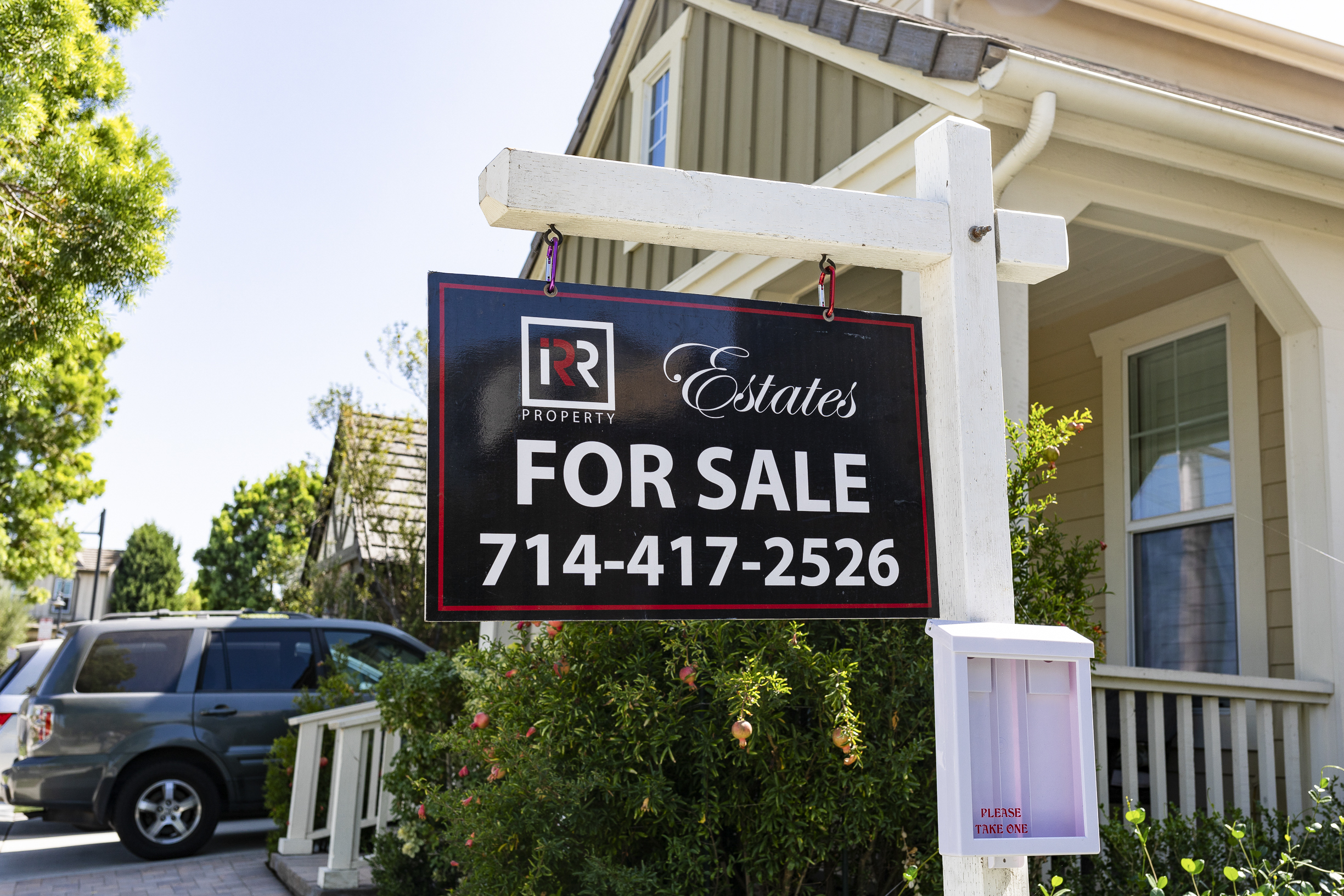Prospective buyers in some of the hottest housing markets in the United States will have to pay more than $180,000 in down payments to secure a home, according to a recent report from real estate data curator ATTOM.
Among homes purchased with mortgages, the median down payment rose by 11.1 percent from the previous quarter to $24,250 in the second quarter, according to the Aug. 30 report.
Nine out of the top 10 cities with the largest down payments were in California. San Jose had the highest median down payment at $320,000, followed by San Francisco with $306,375. Los Angeles and San Diego each had median down payments of more than $200,000. Oxnard, Salinas, San Luis Obispo, and Santa Rosa each had median down payments of more than $180,000.
In Boulder, Colorado, the median down payment was $195,000.
For home purchases overall, including properties bought with a combination of financing and cash, the typical down payment rose by nearly 15 percent from a year earlier to $67,500 in June, according to real estate brokerage Redfin.
“The increase is being influenced by the current market, where higher-priced, turnkey homes in desirable neighborhoods are more likely to sell. It’s also partly due to buyers putting down a higher percentage of the purchase price as a down payment,” the brokerage noted in an Aug. 28 statement.
In June, the typical homebuyer’s down payment stood at 18.6 percent of the sales price, the highest level in more than a decade, according to Redfin. Nearly three in five purchasers make a down payment of more than 10 percent of the purchase price.
With down payments at such high levels, the situation has become a political issue. Democratic presidential candidate and Vice President Kamala Harris has vowed to give first-time homebuyers $25,000 “to help with the down payment on a new home,” according to an Aug. 28 post on X.
“Even if aspiring homeowners save for years, it is often still not enough,” she wrote.
Harris’s proposal has come under criticism, with Kevin O’Leary, the chairman of O’Leary Ventures, warning against instituting such a policy.
“If everyone suddenly has an extra $25K to throw around, what do you think happens? Prices go up by exactly that amount,” he wrote in an X post. “It’s basic economics.
“Handing out money like this will only fuel inflation and make homes even more expensive. As someone deeply involved in real estate, I’m telling you, this is a disaster waiting to happen.”
Home Prices and Down Payments
Since down payments are calculated as a percentage of a home’s price, a decrease in home values would lower the amount buyers need to come up with.In June, however, the median-priced existing single-family home cost $432,700, up from $357,100 in 2021, according to data from the National Association of Realtors (NAR).
Home prices are rising because there is a shortage of properties on the market relative to demand, Redfin noted.
“There aren’t enough sellers listing their homes to cause prices to fall and there aren’t enough buyers to create competition to drive prices up significantly,” said Redfin senior economist Sheharyar Bokhari, according to a statement.
“Relatively low sales and gradual price increases will remain the status quo each month until one of those things changes.”
Jessica Lautz, NAR deputy chief economist and vice president of research, previously told The Epoch Times that she expects the lack of inventory and the ongoing demand for home ownership to keep pushing up home prices. This would mean that down payments remain elevated or keep rising from current levels.
Another factor pushing up home prices is interest rates. For the week ending Aug. 29, the average rate for a 30-year fixed-rate mortgage was 6.35 percent. Rates have come down from the 7.79 percent level hit in late October 2023.
However, “if mortgage rates did come down significantly, that could also create more bidding wars as more buyers enter the market,” Lautz said.
“I think those 2 to 3 percent rates were a once-in-a-lifetime experience, and I would not expect to see that again anytime soon. But if you look at rates historically, we are still at the low end.”
Mary Prenon contributed to this report.













